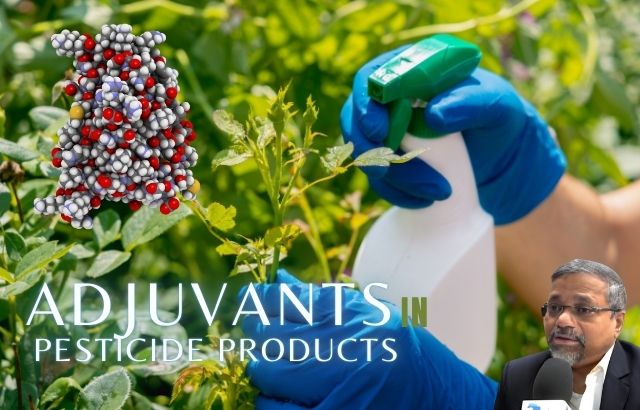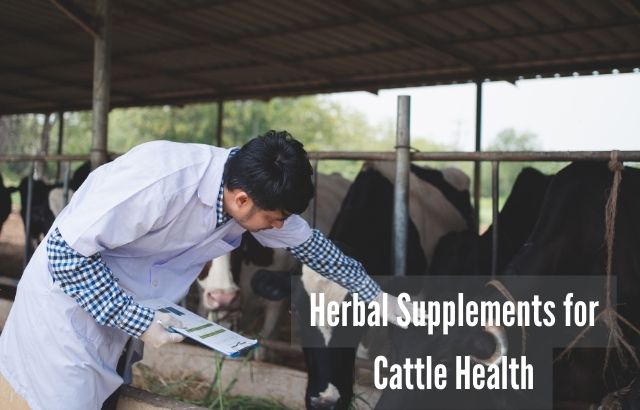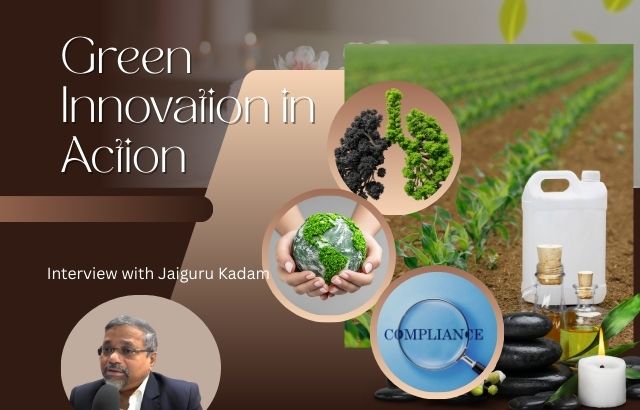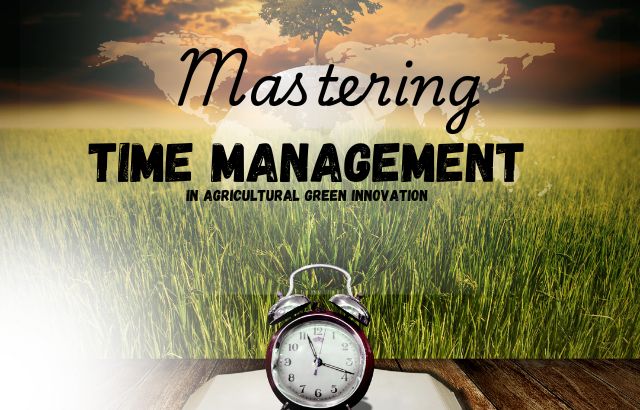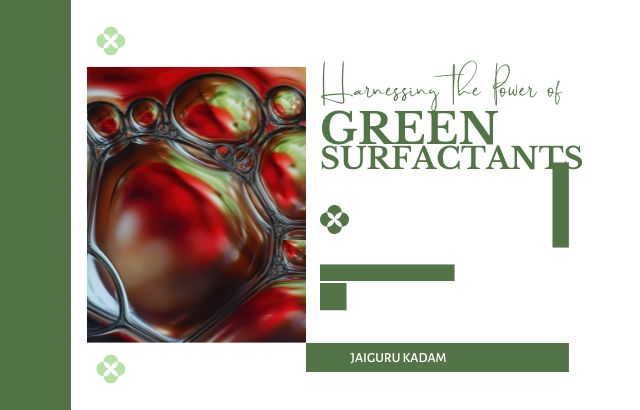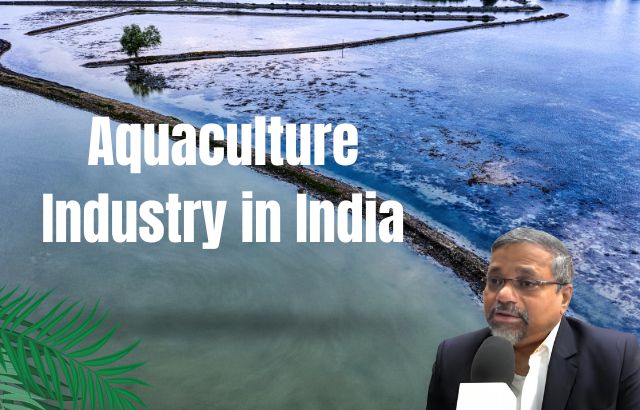In an era where environmental responsibility is paramount, the animal feed industry is undergoing a transformation towards more sustainable and eco-conscious practices. The use of animal feed supplements, in particular, plays a significant role in ensuring the well-being of livestock and the health of our planet. To highlight these strides towards greener and more responsible animal feed supplements, we explore some of the certifications in green innovation that are driving this positive change.
1. Organic Certification:
Organic certification verifies that animal feed supplements are produced using sustainable agricultural practices, free from synthetic pesticides, herbicides, and GMOs. It ensures that the supplements are in harmony with the environment.
2. Non-GMO Project Verified:
The Non-GMO Project Verified certification assures consumers that feed supplements do not contain genetically modified organisms (GMOs), supporting sustainable and natural agricultural practices.
3. ISO 14001:
ISO 14001 is an environmental management system certification that ensures manufacturers have processes in place to minimize the environmental impact of their operations, promoting responsible production.
4. FSC (Forest Stewardship Council):
Applicable when feed supplements contain wood-based components, FSC certification guarantees responsible and sustainable wood sourcing, protecting our forests and ecosystems.
5. Certified B Corporation:
While not specific to animal feed supplements, B Corp certification reflects a commitment to social and environmental sustainability, indicating a broader dedication to green innovation.
6. Eco-Friendly or Sustainability Claims:
Feed supplement manufacturers can make eco-friendly or sustainability claims based on their practices and product attributes. However, independent third-party certifications should verify such claims for credibility.
7. Certified Organic Ingredients:
Including certified organic ingredients in the formulation can enhance the sustainability profile of the feed supplement, even if the entire product isn’t certified organic.
8. Animal Welfare Certifications:
Although not directly linked to feed supplements, certifications like Animal Welfare Approved or Certified Humane demonstrate a commitment to sustainable and ethical practices in animal agriculture, making them essential for the industry.
Conclusion:
The shift towards green innovation in the animal feed supplement industry is an encouraging sign of progress in agriculture and environmental responsibility. These certifications not only ensure the quality and safety of feed supplements but also contribute to the sustainability of our planet. They reflect the shared commitment to safeguarding the environment while nurturing healthy and thriving livestock, ultimately benefiting both animals and our ecosystems. As consumers become increasingly conscientious about the products they choose, these certifications are becoming indispensable for feed supplement manufacturers looking to make a positive impact in the world of animal agriculture.



